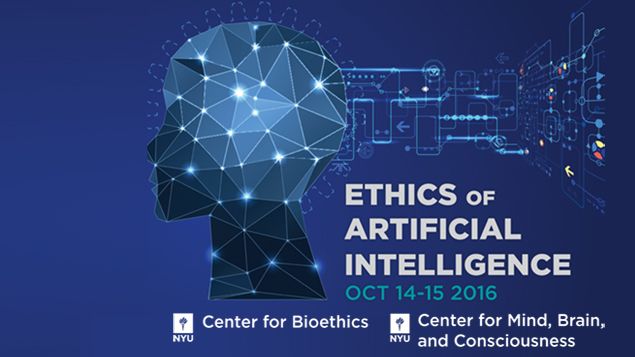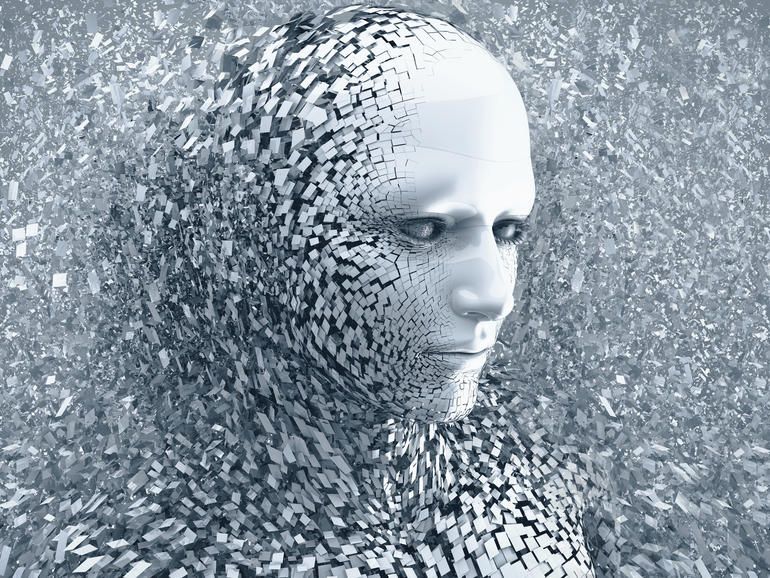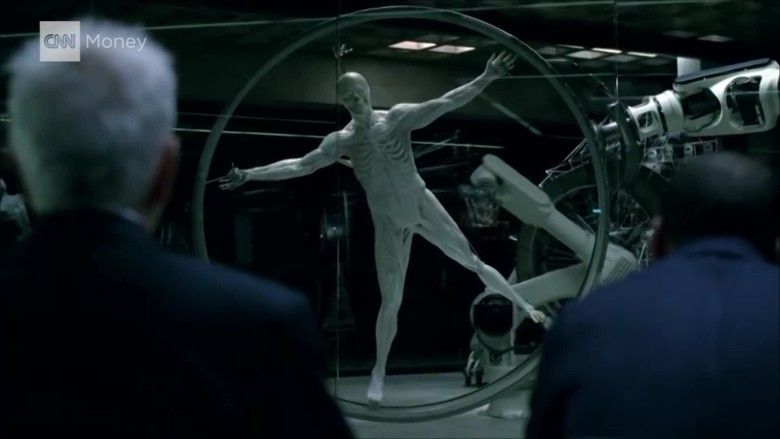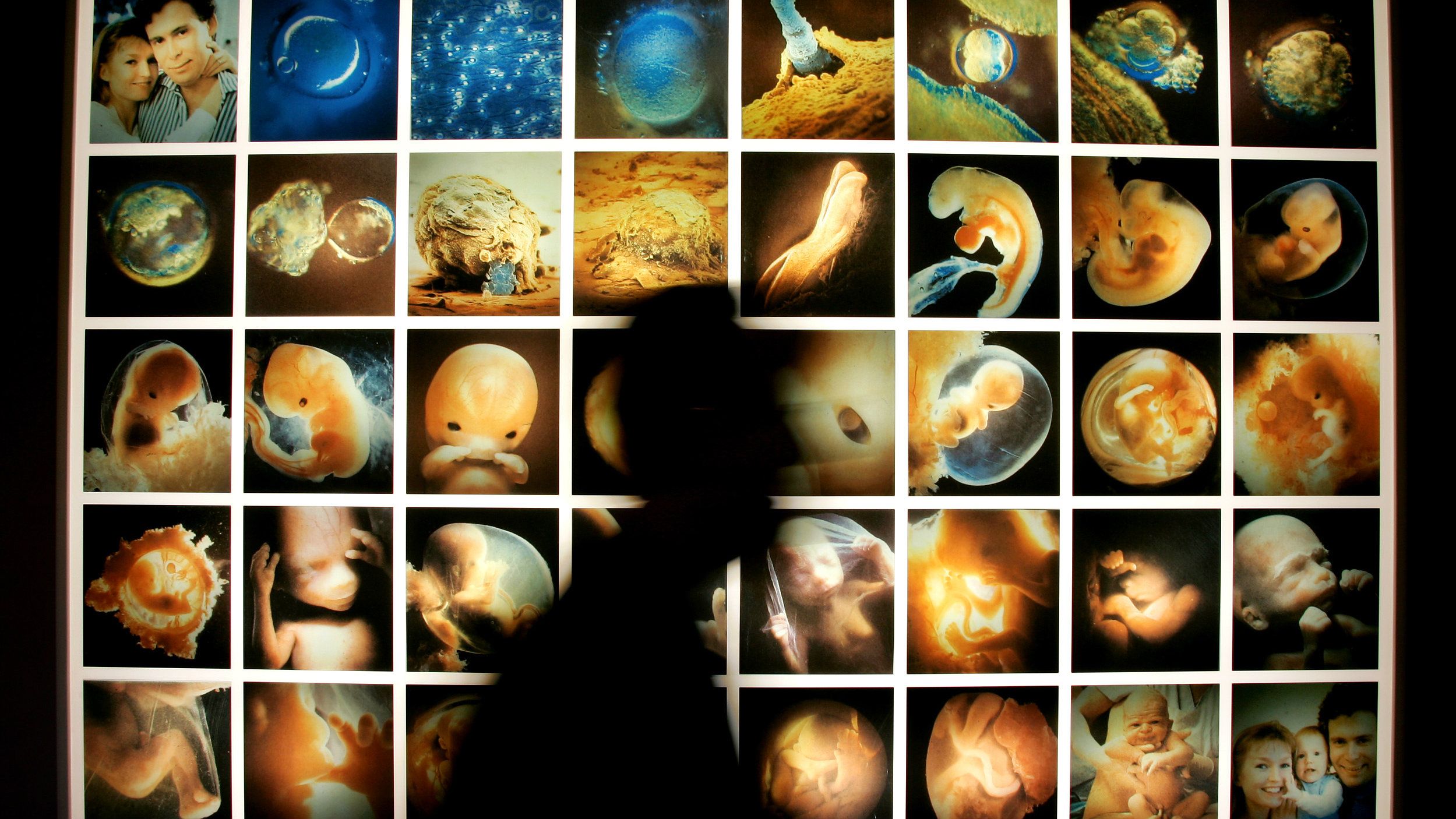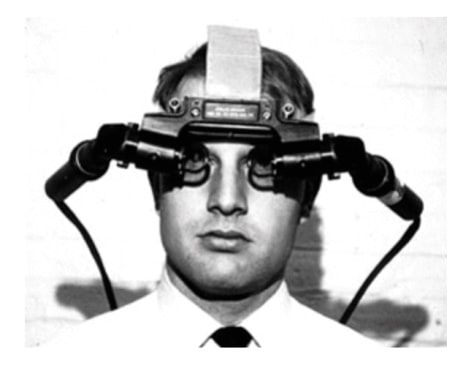Nice article raising old concerns and debates on ethics. Synbio like any technology or science can in the wrong hands be used to do anything destructive. Placing standards and laws on such technologies truly does get the law abiding researchers, labs and companies aligned and sadly restricted. However, it does not prevent an ISIS, or the black market, or any other criminal with money from trying to meet an intended goal. So, I do caution folks to at least step back assess and think before imposing a bunch of restrictions and laws on a technology that prevents it from helping those in need v. criminals who never follow ethics or the law.
When artists use synthetic biology, are they playing God, or just playing with cool new toys? Scientists Drew Endy and Christina Agapakis weigh in on the ethics.

